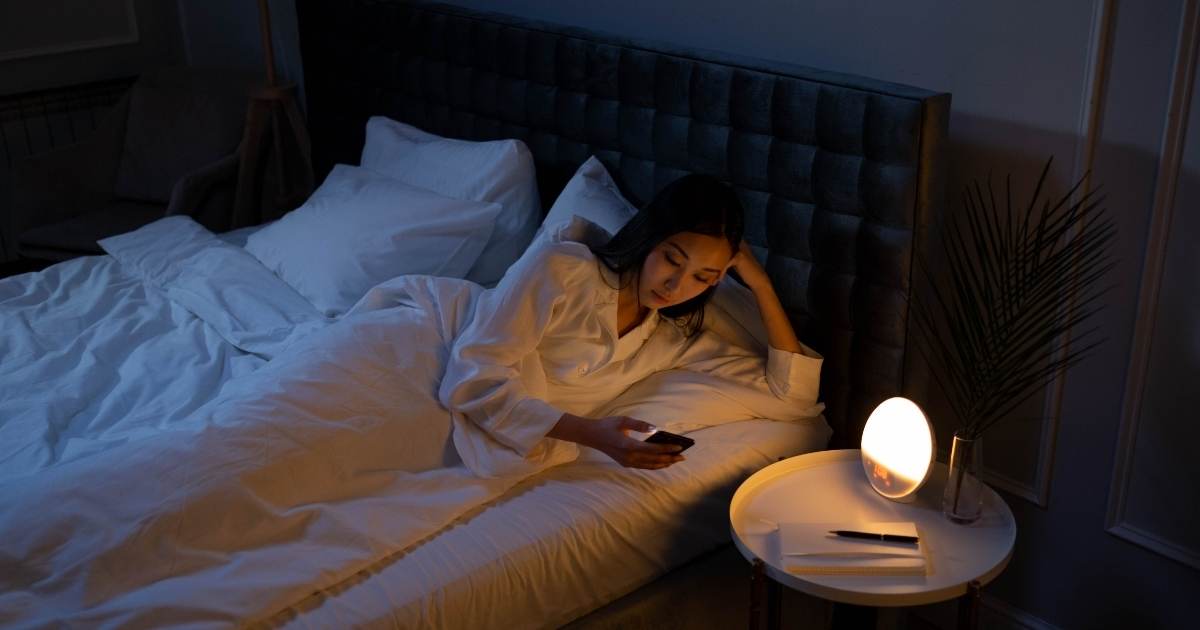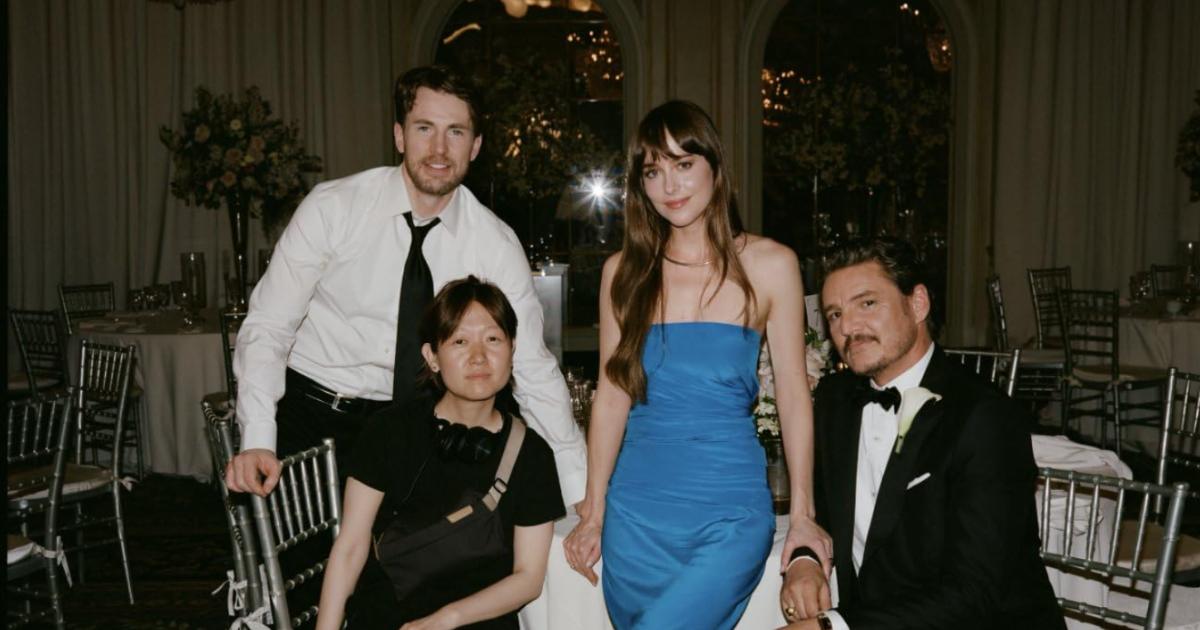Start Dating Again After 50: Your Guide to Rediscovering Romance
Whether you’re 25, 35, or 70, dating comes with unique challenges. There are those that we all face, like choosing the right outfit or making small talk. Then there are those that come with time and life experience—how to introduce your partner to kids and family, overcoming issues from past relationships, and dating when it’s been a while.
Combine that with pressure from friends and family to find the right one to bring home to dinner, and dating later in life can begin to feel like an impossible task. It seems like finding a partner gets more complicated in some ways with age, but we’re here to simplify the process by giving you expert-guided advice on dating in your 50s and beyond.
Confidence Grows With Age
There are plenty of reasons that dating might be better in your 50s than ever before. For one thing, you are likely to have some romantic experience under your belt. This perspective is priceless as you reenter the dating scene. Your potential partners are also likely to have previous relationship experience lending them a perspective that younger singles lack.
Relationship expert Dr. Julianna Morris says that falling in love after 50 is a uniquely profound experience. This is because of the confidence that, for many, comes naturally with age. By 50, most singles have an idea of who they are and what they want from life and a relationship. This self-knowledge will make navigating the dating scene much easier; you’ll be able to walk away from connections that don’t suit your values and invest confidently in those that do.
“When you own where you are in your life, who you are, and are confident in your values and personality, you are more likely to find someone who is better suited for you,” – Dr. Julianna Morris
Research has found that women especially tend to become more confident as they age. This is due to life experiences, loss and grief in particular. Older individuals are more likely to have lost someone close to them, whether it be a spouse, parent, or another loved one. They are also more likely to have gone through difficult emotional experiences like job loss, children leaving the nest, or money troubles. This often brings new meaning to experiences and puts life into perspective.
Singles over 50 know that uncertainty is a part of life. Where younger daters might prioritize someone’s career or potential as a parent, mature singles don’t have the same concerns. They’re not preoccupied with finding a partner to start a family, buy a home, or depend on in the same way as someone who is just beginning their adult life.
They aren’t choosing a partner for the future—they’re prioritizing their happiness in the present. Older adults shift their focus to other benefits in a partnership, like someone to explore their hobbies with or someone to be their travel companion.
Take Things Slow
Many singles begin a new relationship before processing the fallout of the one that has ended. Whether you’re recovering from the loss of a spouse, a complicated divorce, or a mutually decided breakup, the end of a relationship can have deep emotional effects. Singles entering the dating scene after 50 are likely to have experienced the ending of a relationship, so it’s especially important to take steps to protect your emotional health.
When a breakup is messy, feelings can linger for months, or even years. The end of a serious relationship can be emotionally devastating. With time, it becomes easier for singles to process their emotions to learn from their experiences, something relationship expert Kelly Campbell says is critical for singles beginning to date over 50.
“If they are unable to discuss it in objective terms or clearly see each person’s role in what went wrong, it may be a warning sign that they aren’t over the other person, are still holding a grudge, or are at risk for repeating maladaptive patterns in the new relationship.” – Kelly Campbell, PhD
Hearing you recount what happened between you and your ex-partner is also likely to be a huge turn-off for your date. A negative attitude can hugely impact your success. Research shows that a positive attitude makes people more likely to feel connected to you and to remember you well.
Date Yourself First
There are many reasons why we jump from one relationship to the next. Sometimes, we’re scared to be alone and other times we’re scared of what being alone says about us to other people. Sometimes life is mysterious and you meet the perfect partner without much time to be single in between. Whatever the reason, always being in a relationship can make it harder to develop a relationship with yourself.
Your relationship with yourself deeply affects every other relationship in your life. Experts say that self-esteem determines not only how we see ourselves, but how much love we’re able to receive, and how we treat others. These things play a role in every relationship dynamic, but they can be especially detrimental to your romantic relationships.
If you want to increase your self-esteem, don’t start by looking for a new relationship. Instead, try becoming your own relationship partner. Dating yourself means prioritizing your own emotions and mental health by practicing self-love and self-care.
One thing that is critically important to having good self-care practices is developing healthy ways to cope with stress. Studies have shown that stress has an undeniable impact on your well-being and your relationships, including the one you have with yourself.
Some simple things you can do to manage stress include:
- Getting enough sleep
- Eating a balanced diet
- Practice relaxation techniques like meditation or deep breathing exercises
- Write in a journal
- Make time for hobbies, old or new
An incredibly effective way to manage stress and get yourself ready for the dating scene is to spend time with friends and family. Research has shown that having quality relationships is associated with being happier and less stressed.
Social connection is absolutely central to our health and wellness as we age. Chronic loneliness and social isolation can increase older adults’ risk of dementia by a staggering 50%, according to a release from the US Surgeon General’s office.
Keep the First Date Fun
In your 50s, the stakes in a serious relationship are often a bit higher. You may bring kids, real estate, debt, family troubles, or any combination of factors into a partnership. The simple truth is, life is complicated, and by 50 you’ve lived enough to have been through some complications.
The first date isn’t about sharing your whole life story. There is plenty of time for all of that down the road. For now, our expert matchmakers recommend taking it one step at a time. For the first date, just try to gauge whether you’d like to spend more time together.
Focus on finding positive qualities in your date. When you’re meeting someone for the first time, you’re both likely to be nervous, so cut your date—and yourself—some slack. Instead of analyzing your date’s every word, pay attention to the way they treat others and how you feel with them.
When you’re looking for a serious relationship, it’s easy to overthink the first date. We all want a fairy tale story of love at first sight, but that’s not the way it goes in real life. Often, the reason first dates fizzle out is because one or both partners have outsized expectations for the date and their connection. Letting go of those expectations is the key to having great first dates after 50.
Looking for love after 50 is an incredible opportunity to find compatibility with another person that is surer and deeper than young love. The richness of your life experience has given you the freedom and confidence to be unapologetically yourself. Life has taught you what truly matters, and you’re not afraid to go for it. This is the time to reenter the dating scene with the confidence that comes from being your most authentic self, and knowing what you want in a partner.









